Welcome to Etton Honey
Established 2014, with over twenty bee hives, consisting in summer of over a million bees!
Our honey is gathered from the varied wildflower meadows, gardens, hedgerows and farmlands of East Yorkshire, lying between Beverley, Walkington and Market Weighton. Etton Honey has hives at Goodmanham, Lund, Bishop Burton College, Gardham and Dalton Estate with established apiaries in each location. The honey, both ‘soft set’ and ‘runny’, is sold in local shops, garden centres and cafes.
Our honey is never pasteurised, unlike some cheap supermarket brands, and is straight from the hive, ensuring you get the most delicious, pure and nutritious honey possible, just as nature intended.
Branded as ‘Wolds Honey’, ‘Etton Honey’ & ‘Goodmanham Honey’
All our honey comes straight from the hive, remaining pure. It is this that makes our honey so special, just the way nature intended!
Since it is unfiltered, it retains all the pollen, antioxidants, vitamins, minerals and beneficial enzymes. Unlike most foreign honeys it is never heated, all its natural enzymes remain intact.
Heating honey over a certain amount will kill its healthy enzymes
Wild Flower Meadows
In Britain, intensive farming has caused the catastrophic destruction of our once widespread wildflower meadows, with 97% being lost sinceWW2. Popular species like wild strawberry, ragged robin and harebell are now facing steep declines.

Campaigners say the collapse of these meadows, which act as “powerhouses” for the nation’s ecosystems, has also contributed to the downward spiral of Britain’s butterflies and bees.
Setting aside areas of land for wildflower seed will greatly increase the number of species of wildlife visiting, providing essential habitats, shelter and food for very important pollinators, including Bees, Butterflies and Moths as well as many other species such as Spiders, Birds, Hedgehogs and Bats!
At our Etton apiary we have created a wild flower meadow which is attracting bees and butterflies, as well as a multitude of other insects. We are now an established ‘safe release site’ for rescue hedgehogs.
Bee Facts: did you know…?
EU agreed in 2018 a total ban on bee-harming pesticides. The world’s most widely used insecticides will be banned from all fields within six months, to protect both wild and honeybees that are vital to crop pollination

The UK has backed a total ban on insect-harming pesticide use in fields across Europe. It also follows the revelation that 75% of all flying insects have disappeared in Germany.
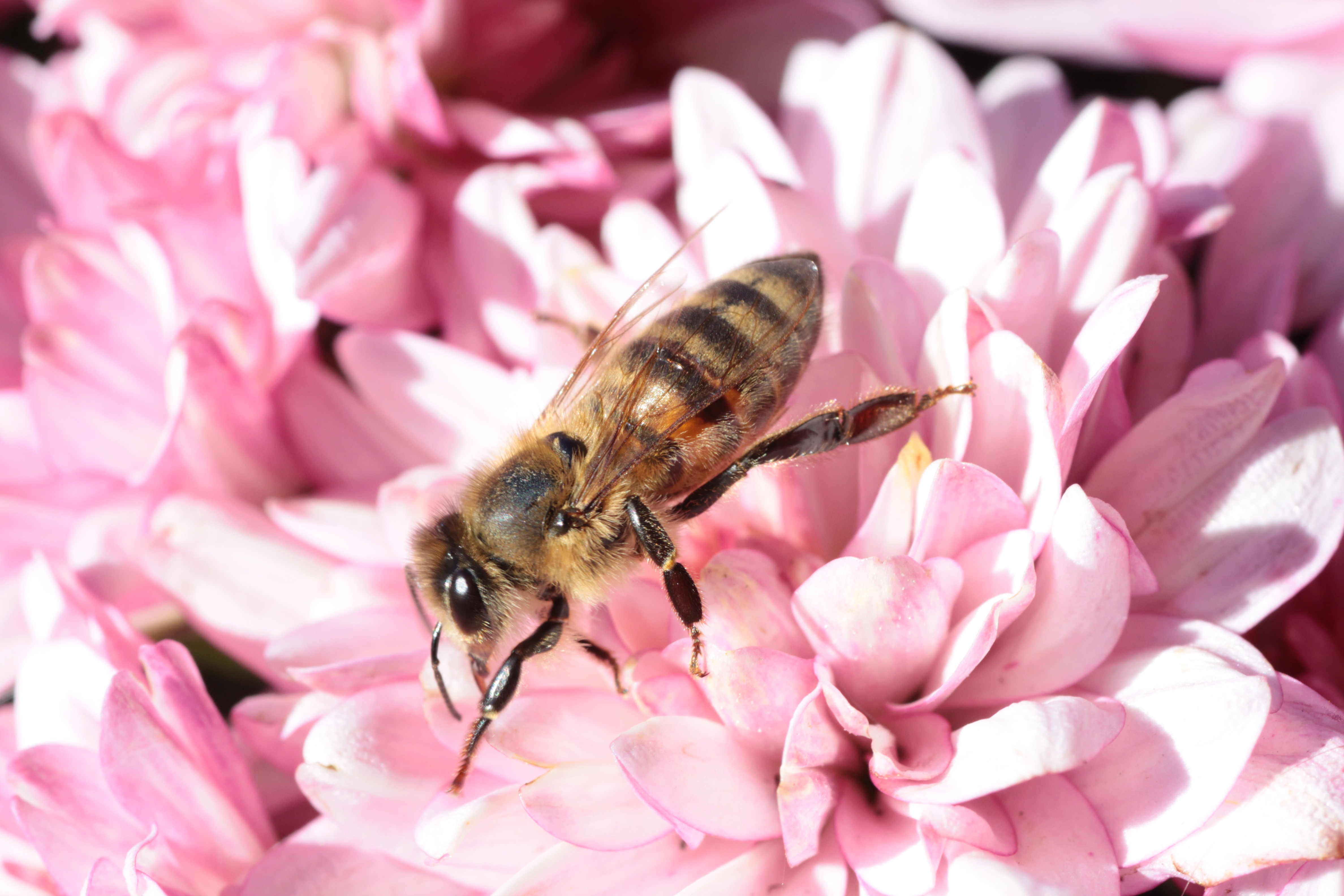
Pollination is one of the most important biological processes on our planet. And bees one of the most important pollinators.
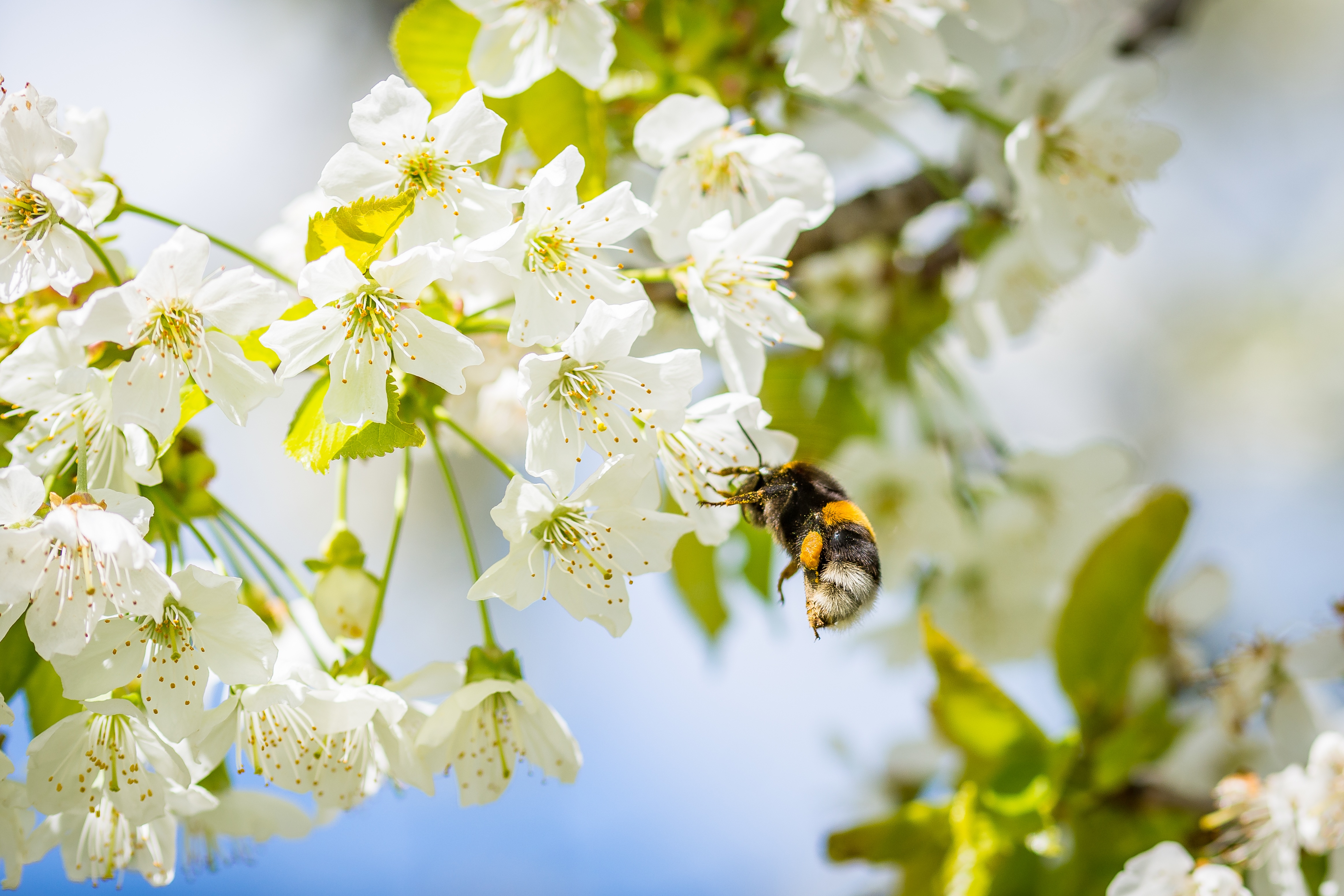
Bees have been producing honey in the same way for over one hundred and fifty million years
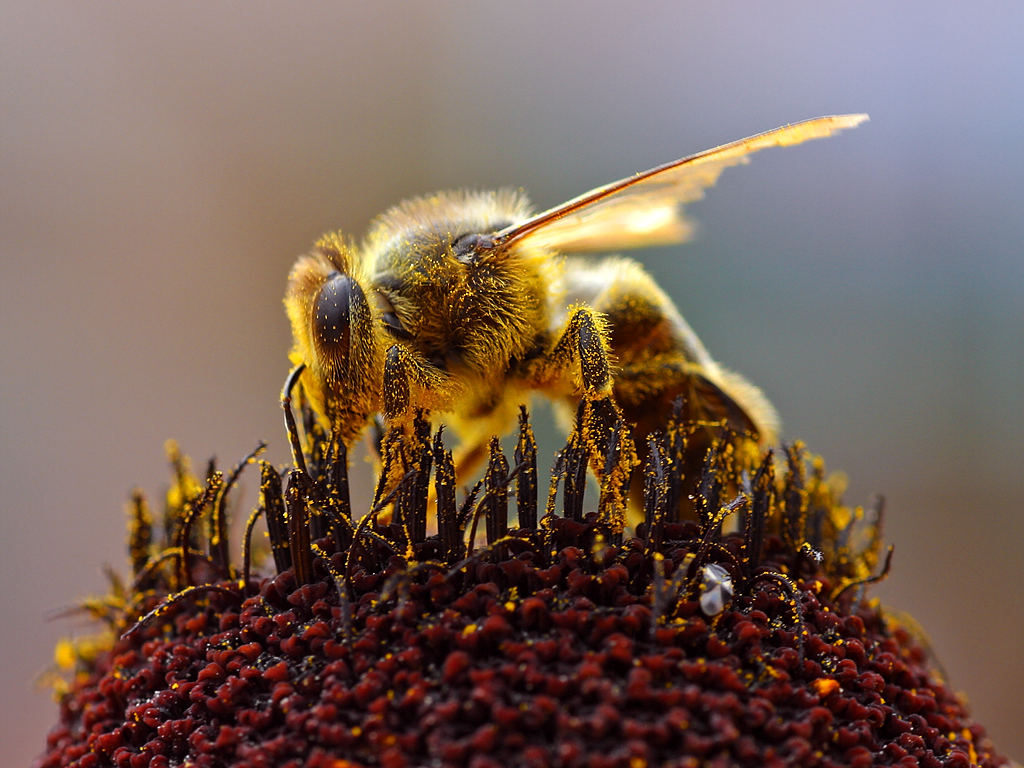
The UK is the WORLD’s fourth largest honey importer
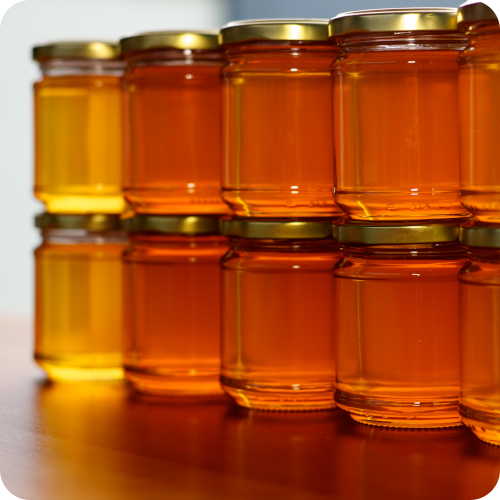
Bees fly about 50,000 miles to make just one pound of honey, that’s 2.2 times around the world.

Honey bees are in decline and play a vital role in maintaining British crops.
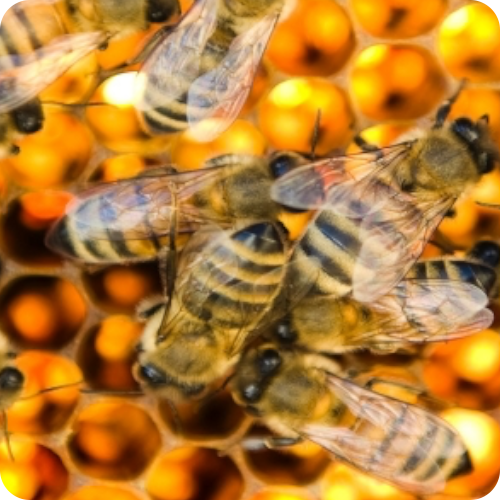
Perfectly edible honey comb was found in the tombs of the Pharaohs, over three thousand years old. How’s that for ‘Best Before’ dates?










